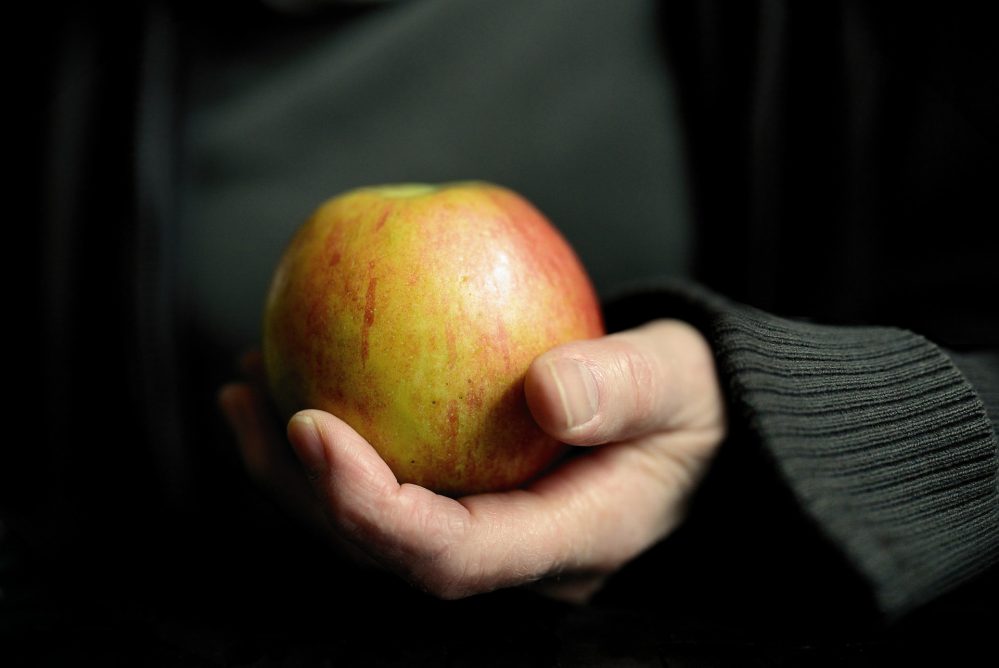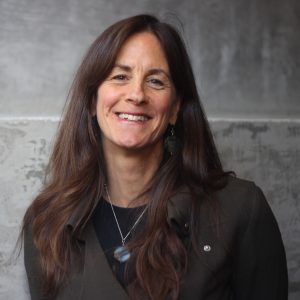One of the things I love about teaching sustainable design is seeing what emerges from student work — it gives me great hope.
In a recent virtual workshop we conducted as part of the Design Portland’s Design Week 2020, we gave participants a brief introduction to the what, why, and how of biomimicry as a framework for sustainable design. Then, equipped with just a few examples of strategies that selected organisms use to perform specific functions*, we asked them to design a more sustainable refrigerator. In just a few minutes they came up with a wide range of inspiring ideas for innovative solutions (biomimicry is wonderful for that!).
But more importantly, they started to ask questions — more, better, and different questions.
In addition to designing a better refrigerator, they imagined designing a better food system that was less reliant on refrigeration; they imagined designing a better home that integrated heating and cooling and refrigeration and water management; they imagined designing a better diet that required very little refrigeration.
When asked to design a better refrigerator, a sustainable designer might ask, “What if we didn’t need a refrigerator?”
Design often involves asking “How might we” questions. Sustainable design takes a step back and asks questions like “Why might we…?”, “Why should we…?”, or “What if we didn’t…?” Human-centered design becomes life-centered design. Biomimicry is seamlessly integrated with systems thinking. The Natural Step is just the first step. An understanding of visual communications and making a business case help turn ideas into impacts.
In less than an hour, and armed with just a small bit of new knowledge, skills, and understanding (and no post-its or magic markers), this group of smart passionate people were already taking design to an inspiring new level. Instead of designing more sustainable things, they imagined designing a better world — the kind of world we’d all love to live in.
Thank you workshop participants! I look forward to having many of you dive (back) into the program this fall!
*examples were found at AskNature.org

